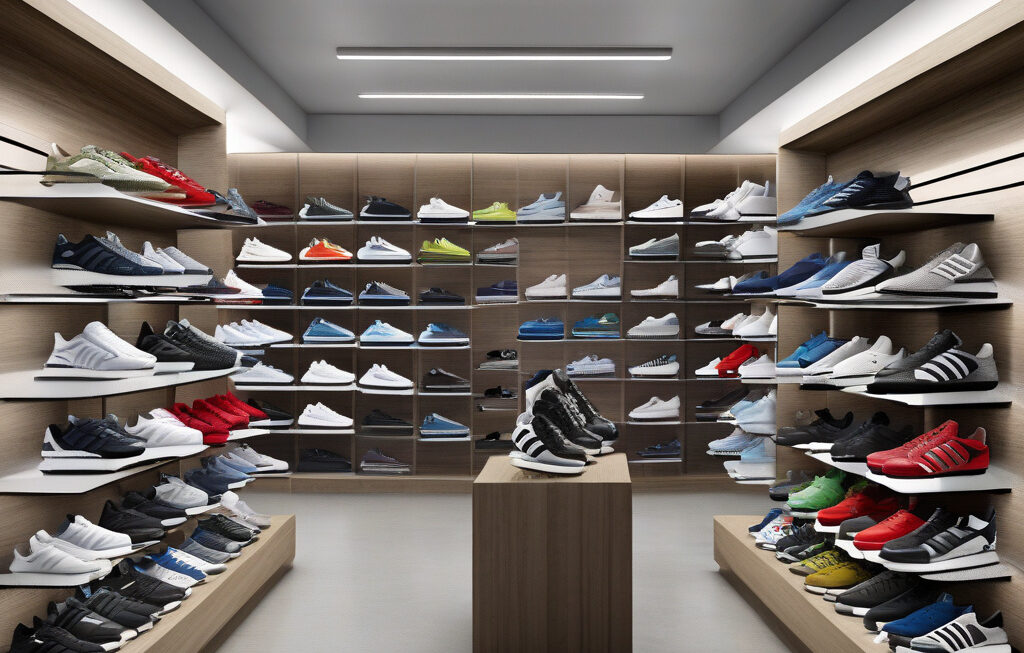Are Signature Sneakers Still Relevant?
In the fast-paced world of sports and fashion, one trend that has stood the test of time is the phenomenon of signature sneakers. For decades, basketball stars have partnered with major brands to release shoes bearing their names, creating a lucrative market that caters to fans and collectors alike. However, in recent years, some have questioned the relevance of signature sneakers in an ever-changing industry landscape. With the rise of athleisure and the saturation of the market with endless sneaker releases, are signature shoes still able to make an impact?
After years of stagnation, the market for signature shoes from basketball stars is heating up again. This resurgence can be attributed to a variety of factors, including a new generation of athletes who are not only excelling on the court but also building strong personal brands off the court. These young stars are savvy about cultivating their images and connecting with fans through social media, making their signature sneakers highly coveted items.
Moreover, the landscape of the sportswear industry has shifted in recent years, with fresh challenges to Nike’s long-standing dominance. Brands like Adidas have staged a remarkable comeback, leveraging partnerships with high-profile athletes like Kanye West and Pharrell Williams to capture market share and appeal to a younger, trend-conscious audience. Additionally, Chinese brands such as Anta and Li-Ning have made significant inroads in the global sneaker market, offering innovative designs and competitive pricing that resonate with consumers.
One key factor driving the continued relevance of signature sneakers is the emotional connection they create between fans and their favorite athletes. Owning a pair of sneakers endorsed by a beloved sports star is a way for fans to feel closer to their idols and show their support both on and off the court. This emotional appeal is a powerful marketing tool that transcends traditional advertising and fosters brand loyalty among consumers.
Furthermore, the limited-edition nature of many signature sneaker releases adds an element of exclusivity that appeals to collectors and sneaker enthusiasts. The hype surrounding these drops generates buzz and excitement within the sneaker community, driving up demand and resale prices for coveted pairs. This scarcity factor creates a sense of urgency among consumers, compelling them to act quickly to secure a pair before they sell out.
In conclusion, while the landscape of the sportswear industry may be ever-changing, signature sneakers continue to hold relevance in the market. With a new generation of dynamic athletes, increased competition among brands, and the enduring appeal of exclusive releases, signature shoes remain a sought-after commodity for fans and collectors alike. As long as athletes continue to captivate audiences both on and off the court, the market for signature sneakers is likely to remain robust and evolving.
signature sneakers, basketball stars, sportswear industry, brand loyalty, limited edition, sneaker culture.












